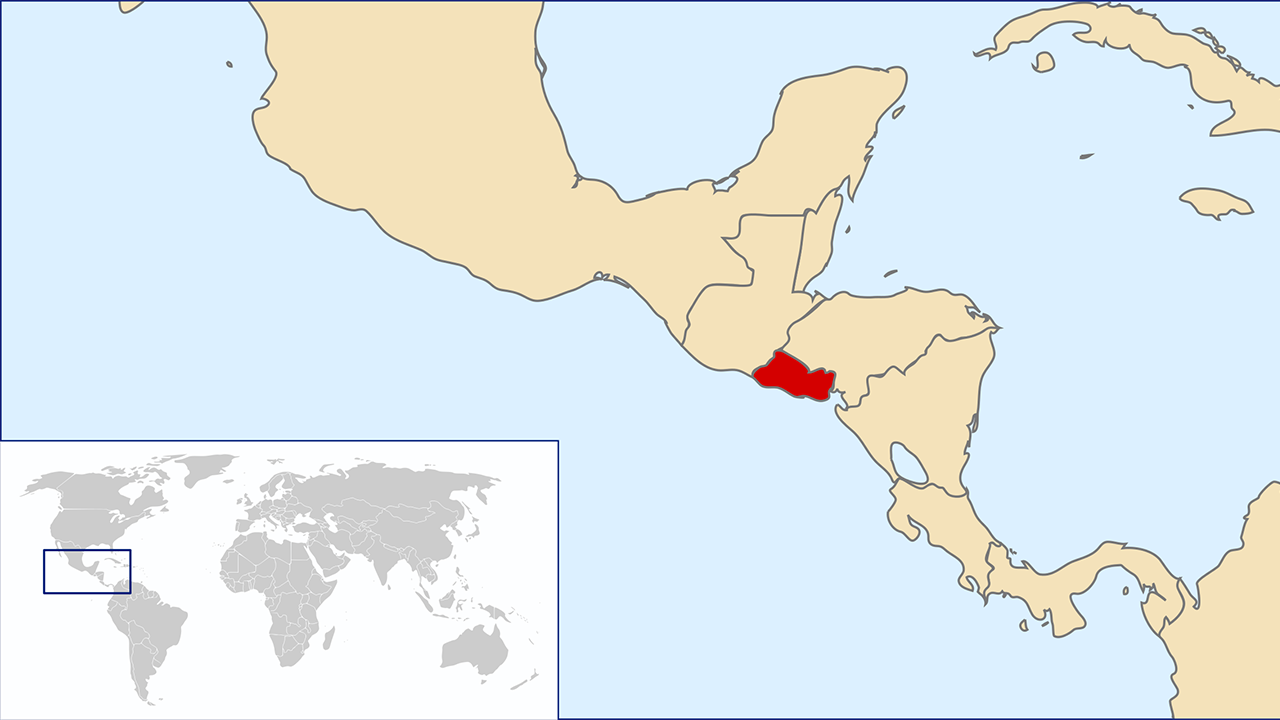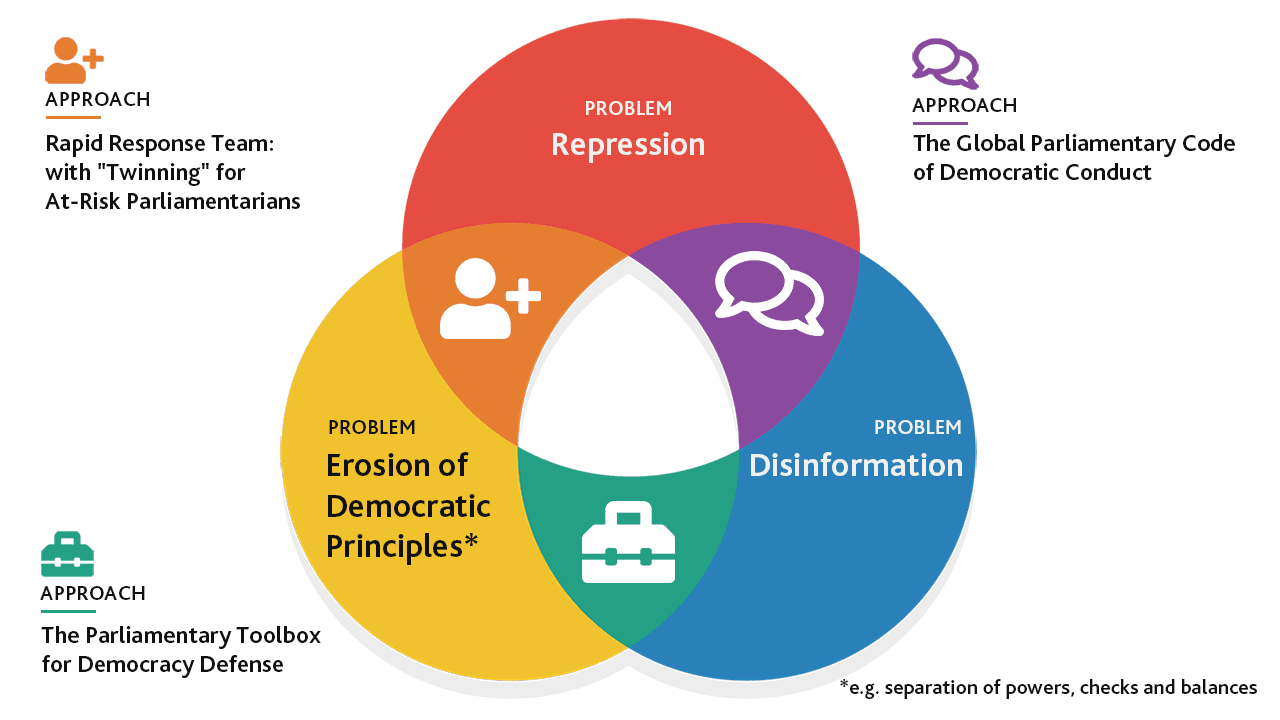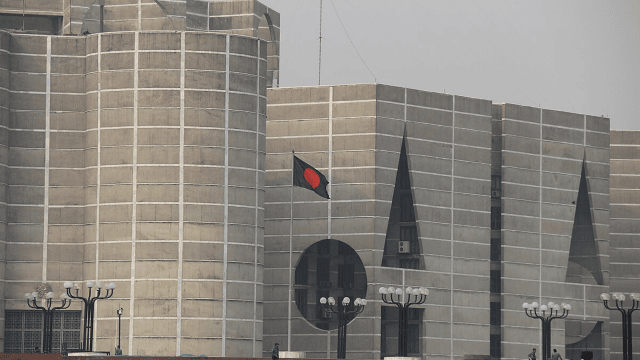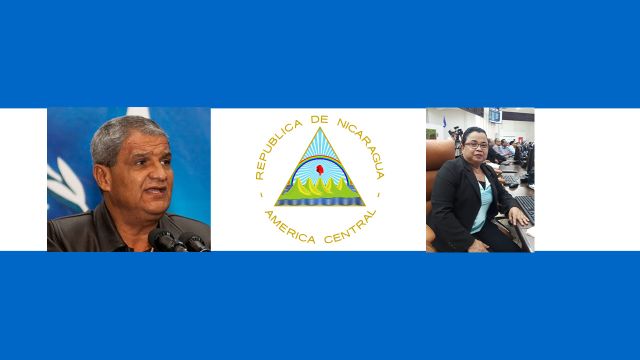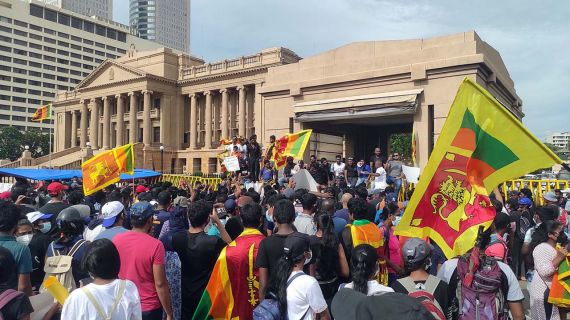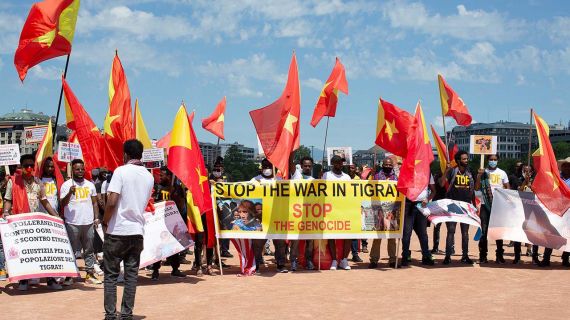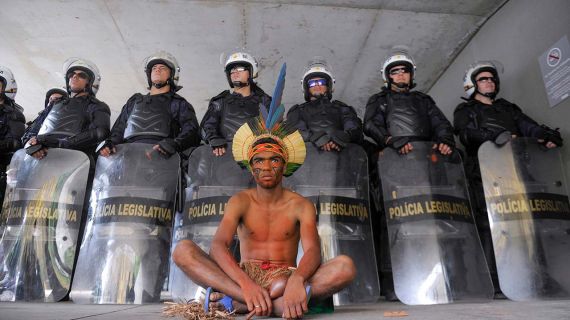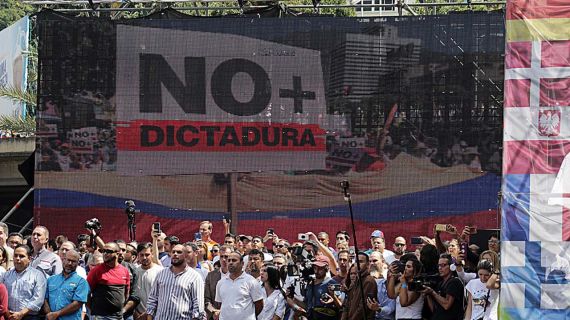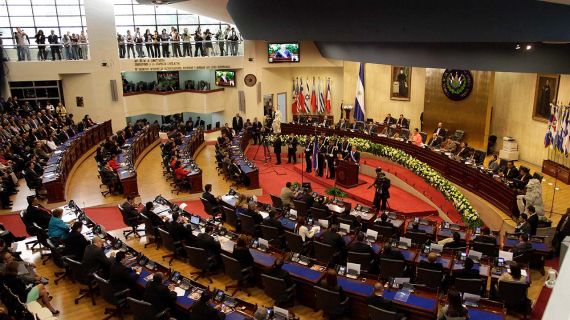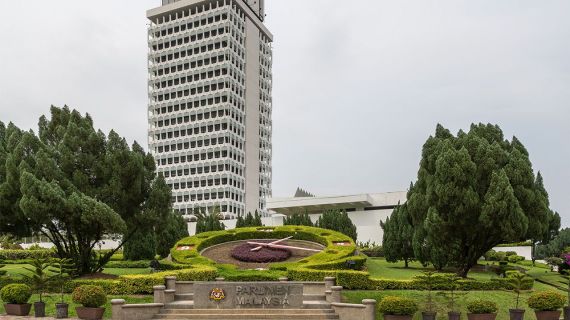For more than 20 years, the political bipartisanship led by the Alianza Republicana Nacionalista party (ARENA) and the Farabundo Martí Front for National Liberation (FMLN) has generated significant frustrations in El SalvadorTypes of Threat:
Context
For more than 20 years, the bipartisan governing coalition led by the Nationalist Republican Alliance (ARENA) and the Farabundo Martí Front for National Liberation (FMLN) has generated significant frustrations in El Salvador and led the country to be classified by such organizations as Freedom House as “partly free” and the Economist Intelligence Unit as a “flawed democracy.” After decades of frustration by Salvadorans, the election of President Nayib Bukele in June 2019 gave cause for hopeful optimism for a turn in the country's democratic trajectory. Unfortunately, Bukele's appearance on the political scene to date has yielded different results, as exemplified by the response to the COVID-19 pandemic.
Despite the democratic reinforcement of the last 30 years, the rule of law in Latin American countries continues to be vulnerable to authoritarian governments, abetted by the high crime and corruption rates that persist in many of the democratic countries in the region. El Salvador is no stranger to these problems, as the country suffered a bloody civil war in the 1980s between the FMLN and the country's armed forces, which left approximately 75,000 dead and/or missing. However, although the war ended with a peace agreement sponsored by the United Nations in 1992, El Salvador was seriously marked by the experience, and is subsequently ranked among the most violent countries in the world and the poorest in Latin America.
El Salvador was one of the first Latin American countries to declare a state of emergency due to the COVID-19 pandemic throughout the national territory, following approval by the country's Legislative Assembly on 14 March 2020. At that point, El Salvador had not registered any case of COVID-19. However, on 21 March 2020, due to the increase of infections from the virus (currently around 2,278 confirmed cases and 42 deaths), President Bukele decreed mandatory home quarantine for a period of 30 days. This measure was preceded by a serious institutional crisis that began on 9 February. In an effort to secure financing for a $109 million loan for his national security strategy, the national army broke into the Assembly on the President’s directive. This was an unprecedented act and the encroachment of security forces into the Assembly entailed a serious violation of democratic principles and the separation of powers of the state.
Since the inception of his campaign, Nayib Bukele has made reducing violent deaths a central feature of his political agenda. To further this goal, he began providing state forces with greater capacity and equipment to fight gangs, including the Mara Salvatrucha and Barrio 18, among others. To guarantee greater control, the president warned that security forces could use “lethal force” to quell the murders and declared a state of maximum emergency in the country's penitentiaries. Consequently, he decreed the confinement of prisoners for 24 hours to avoid communication among members of the same gangs and ordered that members of different gangs be mixed in the same cell. These measures were immediately decried. various domestic and internationally respected organizations (including Amnesty International and Human Rights Watch), due to the serious likelihood that they could worsen the health emergency in which the country was already submerged. The images of prison overcrowding and inhumane treatment of prisoners provoked harsh criticism and visceral reaction.
Likewise, in the same authoritarian vein, President Bukele publicly authorized the military and state bodies to proceed with arrests to neutralize the increase of COVID-19 infections. The Supreme Court of Justice issued several resolutions declaring these arrests to be illegal under domestic law. The President repeatedly ignored the Court’s pronouncements. Adding to the list of controversial political decisions, Bukele unilaterally extended the state of emergency, which previously expired at the end of April 2020, despite the Legislative Assembly declining to extend it. The Office of the Public Prosecutor considered that this extension was not in accordance with the law, since the President had decided it without the possibility for the Legislative Assembly to use its prerogatives and decide on the state of emergency.
PGA Perspective
These measures are not only indicative of President Bukele’s working tactics to neutralize the branches of the state, but also have become an oppressive weapon to generate fear among members of the Legislative Assembly. Several parliamentarians have recognized that they are at a crossroads: on the one hand, they feel the urgency to desert due to pressing circumstances in which they find themselves; on the other hand, they fear to take such a step due to the likelihood of retaliation against them. The political persecution to which some have already been subjected has caused some legislators of the Chamber in the Blue Salon to request political asylum from neighboring governments, as did the former President of the Legislative Assembly, Sigfrido Reyes, a political leader of the Salvadoran Left who is currently in Mexico as a political asylee. After public pressure from President Bukele on the Supreme Court of Justice, the Attorney General of the Republic not only initiated a criminal proceeding against Reyes for alleged illicit enrichment and money laundering, but also ordered the administrative detention of his wife, Dr. Susi Melba Rodríguez de Reyes. Previously, following a four-year investigation, the Probity Section of the Court, had concluded that there were no bases for these claims. Additionally, at the initial hearing, the judge in the case issued a resolution exonerating the accused of said crimes.
The army emanates directly from the Executive branch, while Parliament is the main organ of the Legislative branch. Therefore, the legislative premises can be secured only by the personnel of the armed forces reporting to the President of Parliament... This material separation is an essential guarantee of political and moral separation, which translates into an indisputable authority of Parliament to reject any legislative proposal from the Executive. Diputado Víctor Bisonó, President of the International Council of PGA, Member of the Chamber of Deputies of the Dominican Republic
The measures adopted by President Bukele since the beginning of his mandate have been nothing more than flagrant violations of the separation of powers, constitutional order, democracy, and the rule of law. PGA rejects and condemns the undermining of democratic institutions currently taking place in El Salvador.
States of emergency raise complex issues regarding the rule of law, including in certain Latin American countries, where structural differences may become more apparent. Forced to innovate, many legislatures around the world now sit virtually; awhile these tools may provide new opportunities for lawmaking and public policy, they can also exacerbate pre-existing inequalities that will become more or less apparent depending on capacity and resources of each country.
During emergency situations, power tends to concentrate in the executive branch of the state. Authoritarian governments take advantage of situations such as the COVID-19 pandemic not only to subvert human rights, but also to undermine democratic institutions by designing oppressive rules that favor their ideological priorities. It is paramount that democratic governments do not use crisis situations to unilaterally impose decrees without due consideration to the separation of powers.
Citizens must not be mobilized to attack democratic principles and exacerbate the shortcomings of the rule of law out of concern for health and safety. On the contrary: in moments of crisis, the legislative prerogatives of parliamentarians must be respected as an expression of the will of the people who elected them to their offices.
It is therefore of utmost importance that, during crises like the one humanity is currently facing, the separation of powers is respected, and that checks and balances between powers of the state and its institutions are not blurred, under any circumstances.

